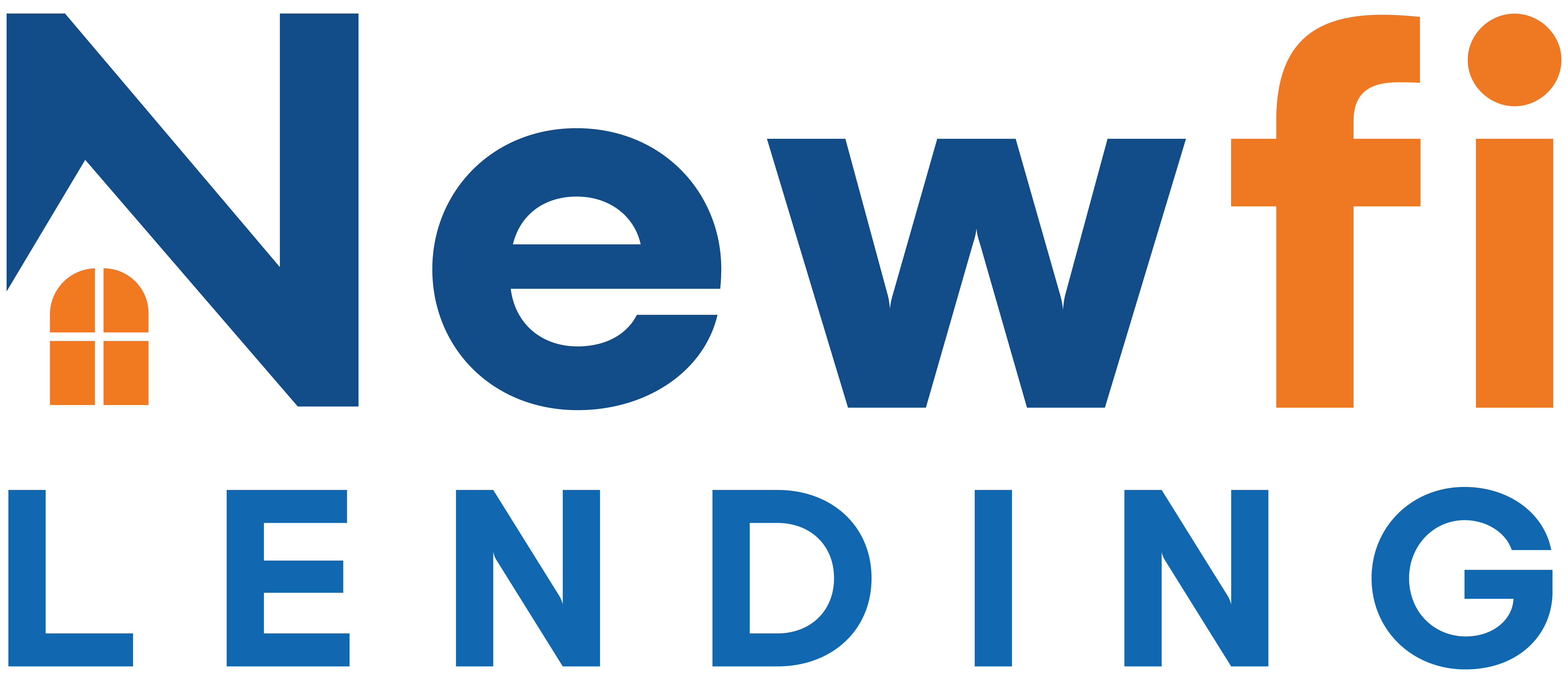When planning for retirement, 401(k) accounts and IRAs stand as indispensable assets that offer individuals a means to save for their golden years. However, unforeseen circumstances or financial hardships may sometimes prompt individuals to consider early withdrawals from their retirement accounts. Individuals who choose this route typically pay specified penalties, are taxed on immediate income and, most importantly, lose earning power on that money. Understanding the rules governing such withdrawals, along with the associated penalties, is crucial for informed decision-making. Furthermore, understanding alternatives to paying 401K early withdrawal penalties can be equally important.
According to the Internal Revenue Service (IRS), early withdrawals from a 401(k) account before the age of 59½ typically incur a penalty of 10% on the withdrawn amount, in addition to the regular income tax owed on the withdrawal. Certain States, such as California, impose penalties on 401(k) and IRA early withdrawals as well. These early withdrawal penalties are imposed to discourage premature depletion of retirement savings and to incentivize individuals to keep their funds invested for the long term. However, there are specific circumstances under which early withdrawals may be exempt from penalties, such as for medical expenses, first-time home purchases, or certain types of educational expenses. It’s essential for individuals to familiarize themselves with these exceptions and consult with financial advisors before initiating early withdrawals.
Recent trends indicate a notable uptick in early withdrawals from retirement accounts, including 401(k)s. The IRS collected $6.04 Billion in penalties on early retirement account withdrawals in 2019. According to Fox Business, about 18,040 workers taking part in employer-sponsored 401(k) plans made a “hardship” withdrawal during the three-month period from July to September 2023, according to Bank of America’s analysis of clients’ employee benefits programs, which tracks about 4 million accounts. That marks an increase of about 13% from the end of June and 27% from the beginning of the year. Additionally, a record share of 401(k) account holders took early withdrawals from their accounts last year for financial emergencies, according to internal data from Vanguard Group, as reported by the Wall Street Journal. Overall, 3.6% of its plan participants did so last year, up from 2.8% in 2022 and a prepandemic average of about 2%.
While early withdrawals may provide short-term relief, they can have detrimental long-term consequences, including diminished retirement savings, missed investment growth opportunities, and potential tax implications. As such, individuals should consider exploring alternative options to alleviate financial burdens without compromising their retirement security.
A solution that may be worth considering is tapping into home equity as a means for liquidity. Homeowners can do this with traditional options like HELOCs or Cash-Out Refinances. But, with the current high interest rate environment, some are also turning to shared equity options.
EquityChoice Shared Appreciation Mortgage could be a viable alternative. Unlike traditional mortgages, EquityChoice is a 2nd lien mortgage that requires no payments until maturity in 10 years. At maturity a borrower owes the original loan amount, interest which had been deferred (at a below market fixed rate), and a share in the future appreciation the home may experience over the life of the loan. EquityChoice allows homeowners to access the wealth in their homes without paying 401(k) early withdrawal penalties or reducing their monthly free cash flow. Homeowners can redirect their cash flow towards immediate needs or savings goals while keeping their retirement and/or investment accounts earning a return. Additionally, EquityChoice does not impose any prepayment penalties, giving homeowners the flexibility to repay the loan at their own pace.
While early withdrawals from retirement accounts may seem like a quick fix in times of financial distress, they may come with significant penalties and long-term consequences. It’s essential for individuals to weigh their options carefully, explore alternative solutions, and seek professional guidance to make informed decisions about their financial future.
Researching suitable financing options to tap into home equity can feel daunting; and, deciding if a shared appreciation mortgage is right for you will depend on your unique circumstances. If you’re interested in calculating how much you may qualify for or would like to speak with a licensed loan officer about your options, call us at 1-877-676-3934. We are here to help you reach your financial goals!

